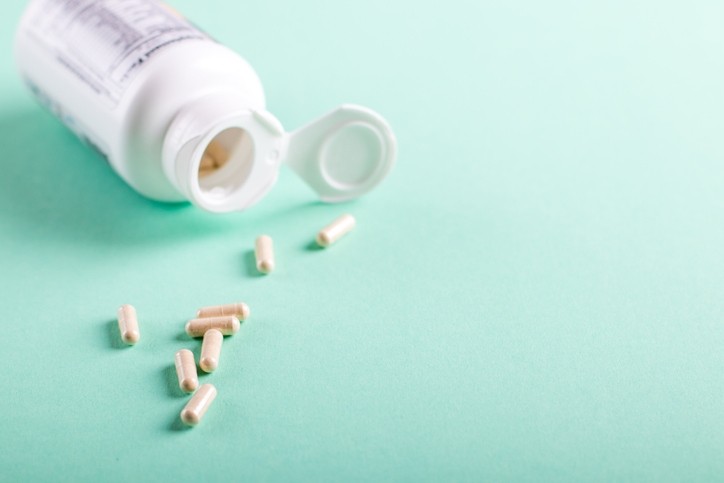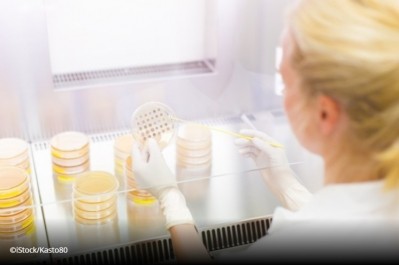Probiotic supports immunity through anti-inflammatory action, says study

Several in vitro and animal model studies have suggested that B. subtilis may modulate the mucosal immune system via production of antimicrobial peptides, exopolysaccharides, and quorum-sensing molecules, as well as through favourable modifications to the gut microbiota. In elderly patients, intermittent use of B. subtilis strain CU1 was also found to increase faecal and salivary sIgA.
After recently demonstrating that four weeks of B. subtilis DE111 supplementation was associated with improved lipid parameters and endothelial function in healthy adults, the authors of the current study set out to discover the effects of this strain on the human immune system in an LPS-challenge model.
They conducted a randomised, double-blind, placebo-controlled study involved 44 healthy adults (aged 20 to 62) and saw participants consume either B. subtilis DE111 (1 billion CFU, from Deerland Probiotics & Enzyme) or a placebo daily for four weeks.
The researchers examined peripheral blood mononuclear cells (PBMCs) at basal levels pre- and post-study, as well as in response to stimulation with bacterial lipopolysaccharide (LPS), which encourages neutrophils, macrophages and other innate immune cells to release pro-inflammatory cytokines.
After only four weeks of supplementing with DE111, the authors found that participants displayed immunomodulatory and anti-inflammatory effects on several T cell subsets.
“This is supported by the observed reduction in immune cell populations within the basal state,” they write. “The downregulation of these cell types in circulation may implicate an overall anti-inflammatory state demonstrated by the decrease in peripheral surveillance and effector cell types.”
Another proposed mechanism suggests that DE111 ingestion improved the gut barrier function resulting in less circulating LPS, thereby reducing inflammation levels. In addition, the authors found those in the DE111 group exhibited an increase in anti-inflammatory immune cell populations in response to ex vivo LPS stimulation of PBMCs, which is indicative of a more robust response to prime the immune system.
In summary, they explained, this study shows supplementing with B. subtilis DE111 “modulates the host immune system through anti-inflammatory and suppressive action on both innate and adaptive cell types.”
Dr. John Deaton, vice president of science and technology at Deerland Probiotics & Enzymes, adds: “This newly published study substantiates the efficacy of B. subtilis DE111 for use in products that address the most common concerns of the day– a strong immune system with a quick response to foreign invaders.
“The latest publication adds to an impressive list of clinical studies showing DE111’s impact on digestive, children’s and cardio health and sports performance/recovery,”
Source: Int J Mol Sci .
Freedman KE, Hill JL, Wei Y, et al.
“Examining the Gastrointestinal and Immunomodulatory Effects of the Novel Probiotic Bacillus subtilis DE111”
https://doi.org/10.3390/ijms22052453









